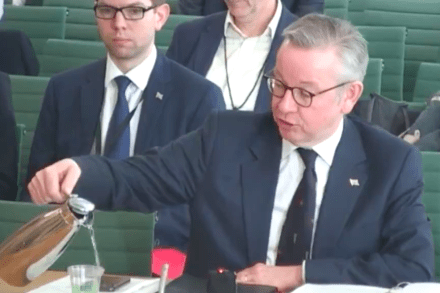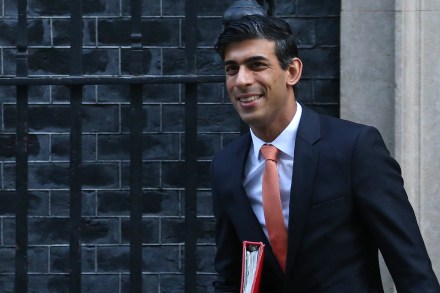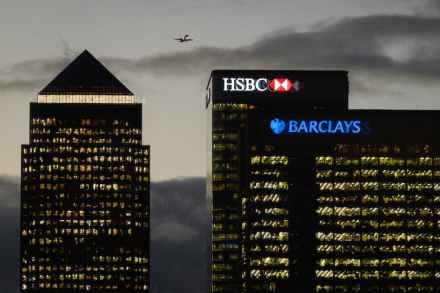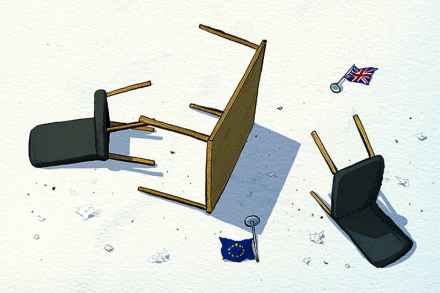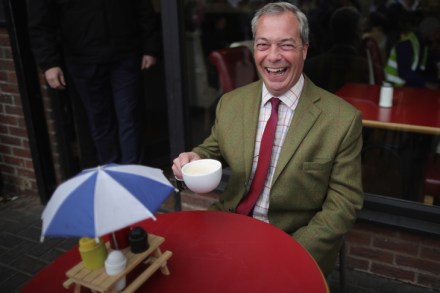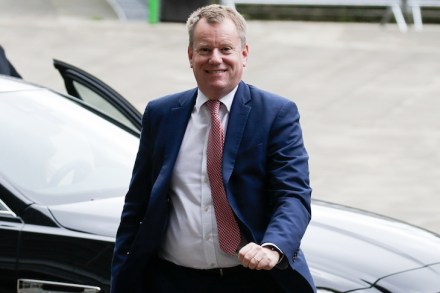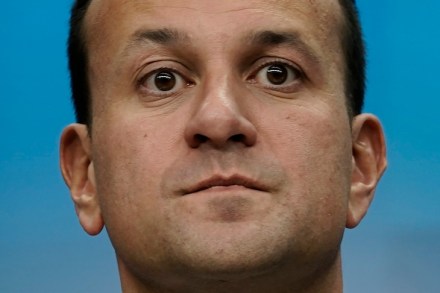Michael Gove misses the mark
Oh dear. Michael Gove, the minister entrusted to head up the British civil service, seems to have developed a problem with multitasking. The key government minister was giving evidence this morning to the Committee on the Future Relationship with the EU when he made an unfortunate mistake. So engrossed was Gove in the point that he was making that he managed to pour the contents of his water jug all over his phone and papers – just as Hillary Benn was pouring cold water all over his evidence. Let’s hope that Gove is more effective at juggling his various briefs…
